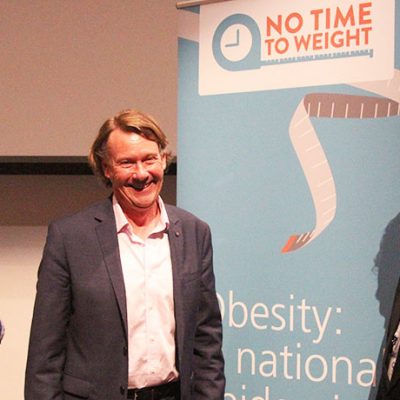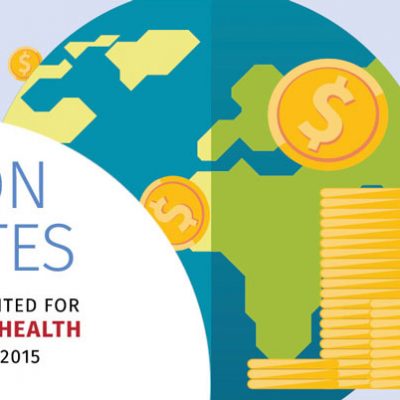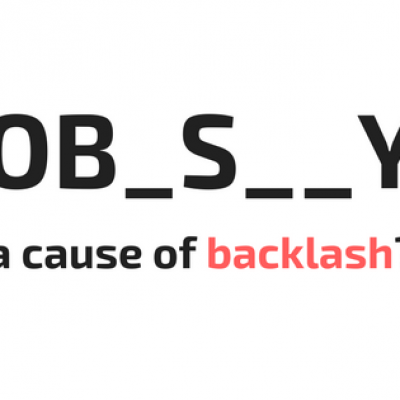
CCH among experts on the Government’s Childhood Obesity Plan
The Government’s long-awaited plan to reduce the staggeringly high levels of children’s obesity across the UK was published, following a number of delays, in August 2016. Many felt that the 13-page plan had been significantly watered down and lacked substance. It was also felt that by publishing the plan during the government’s summer recess that it would escape the attention of the media but given the importance of the childhood obesity plan its lack of substance drew widespread criticism and scrutiny.
On Monday 17 October the All Party Parliamentary Group for Adult and Childhood Obesity held a meeting, chaired by Maggie Throup MP, to discuss the Childhood Obesity Plan. CCH was delighted to attend this meeting and hear the views of experts on the matter.
- Professor Susan Jebb, Professor of Diet and Population Health at Nuffield Department of Primary Care Health Sciences at the University of Oxford
- Alison Cox, Director of Prevention at Cancer Research UK
- Malcolm Clark, Co-ordinator at the Children’s Food Campaign
- Professor Neena Modi, President of the Royal College of Paediatrics and Child Health and Professor of Neonatal Medicine at Imperial College London
All of the experts agreed that the published plan was disappointing and that there were glaring omissions.
Professor Susan Jebb opened the discussion by mentioning that the biggest strength of the Childhood Obesity Plan was that it has put the matter of obesity back on the agenda. She then went on to discuss the shortcomings of the plan. The main one being the lack of an advertising ban. Furthermore, Professor Jebb insisted that in tackling this problem we cannot only focus on children, but we also need to focus on treatment for all generations just as much as we need to focus on prevention.
Jebb opened the discussion by mentioning that the biggest strength of the Childhood Obesity Plan was that it has put the matter of obesity back on the agenda. She then went on to discuss the shortcomings of the plan. The main one being the lack of an advertising ban. Furthermore, Professor Jebb insisted that in tackling this problem we cannot only focus on children, but we also need to focus on treatment for all generations just as much as we need to focus on prevention.
Malcolm Clark continued the conversation and discussed how the common agricultural policy needs to be reviewed, with giving farmers incentives making healthier products less costly and more achievable. He also mentioned that the school food plan should be reviewed.
 Professor Neena Modi was pleased to see that the soft drinks levy was announced and that the plan discussed physical activity. On the other hand, she was extremely disappointed that there was no mention of the WHO’s report on Ending Childhood Obesity, which was published earlier this year. Professor Modi believes that the UK has missed an excellent opportunity by not referencing this well-evidenced document with excellent recommendations especially after the WHO’s request for member states to specify how they would implement it. Finally, she discussed how she believed prevention to be the key to tackling obesity and that this can be done by focusing on the transgenerational effects of obesity, particularly during pregnancy.
Professor Neena Modi was pleased to see that the soft drinks levy was announced and that the plan discussed physical activity. On the other hand, she was extremely disappointed that there was no mention of the WHO’s report on Ending Childhood Obesity, which was published earlier this year. Professor Modi believes that the UK has missed an excellent opportunity by not referencing this well-evidenced document with excellent recommendations especially after the WHO’s request for member states to specify how they would implement it. Finally, she discussed how she believed prevention to be the key to tackling obesity and that this can be done by focusing on the transgenerational effects of obesity, particularly during pregnancy.
The final speaker, Alison Cox, Cancer Research UK’s director of prevention, agreed with all of the comments that had been made already and went on to discuss the link between obesity and cancer and how obesity is the biggest single preventable cause of cancer after smoking. She re-iterated the importance of an advertising ban before 21:00.
John McNally MP closed the meeting by saying:
An ounce of prevention is better than a pound of cure.
These are the thoughts of the experts, but we want to hear your thoughts! What do you think is lacking from the plan? CCH will collate your thoughts and present them to Maggie Throup at the next APPG meeting on 14 November, where Nicola Blackwood MP, Parliamentary Under Secretary of State is invited. This is a unique opportunity to have your say on obesity. To have your thoughts included simply type them in the comments box below.






Glad to hear they realise they need to put more focus on all generations.
The biggest issue is that rubbish is available FAR to cheaply so its always going to win over nutritional food.
Rather than getting farmers to compromise and make even less money, make the junk food outlets charge significantly MORE.
In Countries like Slovakia/ Czech republic Fast food is significantly more expensive than a nutritious meal in a restaurant, so people think twice.
There are very few cheap offers on sweets & chocolate, they are a treat (as they should be) here every supermarket has an offer of some kind of family pack / bag for £1 all the time so what should be a treat becomes part of the daily diet.
We have a whole lost generation of people who watch cooking programs but don’t cook (probably 2 by now) and haven’t taught their kids to cook from scratch, and that is not the job of schools or government.
Daily exercise is key, but if kids come from a background of evening entertainment being stuck on the sofa watching tv or playing video games and mindlessly eating the cheap junk food 2-for-1 offers, they don’t have a role model, making it very hard for them to be the instigators of change….
Whats also scary is the government produced ‘fit for life’ booklets that are given to kids contains very poor / incorrect advise which just keeps the issue escalating!
Like cig packs, sweets, and choc bars should have warnings on them!! saying how much exercise would be required to burn this off!@make people stop and think what they are putting in to themselves! The effort that is required to burn it off!!
Talking about it is a start but we need to connect to the kids and the families on a deep emotional level. Getting stars and role models to do talks and group events around the country would be my idea. Kids look up to well known people and we need these people to get involved. When they engage and listen, new behaviours can be formed…this is what we need. There are so many ways we can get kids moving and thinking before making an action for an unfavourable choice!
Similar to the graphic warning labels on tobacco goods, we should be pushing for similar labelling on high sugared goods that have the potential to carry severe health implications for children and adults.
Thanks for publishing CCH! I think the UK really missed a great opportunity to set a strong precedent and become the global leader in tacking this crisis. It’s a pity that the final plan omitted so many of the great ideas the speakers presented. I particularly liked Malcolm Clark’s idea that the agricultural policy needs to be reviewed. Giving farmers incentives to make healthier products less costly and more achievable is such a great idea and one I’d love to see implemented.
It’s disappointing given that the causes of obesity are multi-factorial – that physical inactivity is not given far more prominence in debates such as these. With only very few children (or adults for that matter) meeting the physical activity guidelines, and children doing far less physically than ever before – this should be given prominence too. This isn’t just about food and soda drinks.
Very interesting article CCH. I agree with all the points made, particularly with a need for an advertising ban before 21:00. As a mum myself I feel this is very important.